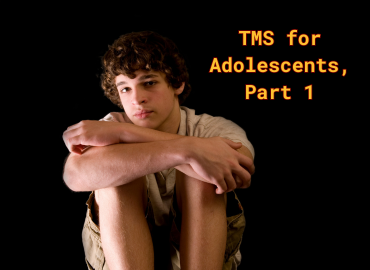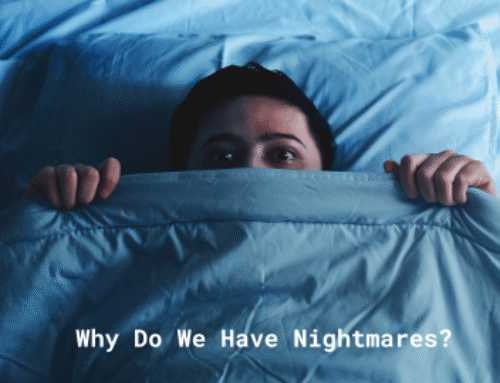TMS for Adolescents, Part 1
Depression hurts everyone, but it is a particularly dangerous ailment in children. Depression isn’t just a low mood, but rather a disorder that can spread to affect any aspect of the sufferer’s life. Depression in adolescents can manifest in ways like these:
- Poor performance in school
- Irritability
- Disordered behavior
- Confusion
- Lack of interest in activities they used to enjoy
- Substance abuse
- Physical ailments like disordered sleep and headaches
Children who do not receive adequate treatment are in danger for destructive behavior like self-harm and even suicide. Currently, suicide is the third most common cause of death for adolescents, with over half a million attempts each year. Anything we can do to prevent this, we will.
Major depressive disorder (MDD) in adolescents tends to crop up again in adulthood. This is linked to underactivity in the area of the brain known as the left dorsolateral prefrontal cortex. Transcranial magnetic stimulation (TMS), one of the services we offer here, focuses on stimulating activity in this area of the brain to help it function better.
The first thing we want to address about TMS for adolescents is safety. In 2008, TMS was approved to treat treatment-resistant depression in adults, and recently that clearance was extended to adolescents. The decision was made after examination of much clinical evidence that showed TMS to be safe and effective for treating adolescents. Data shows significant improvements in quality of life for children receiving the treatment, with an approximate 44% remission rate among study participants between 13 and 21 years old.
An important feature of transcranial magnetic stimulation is that it is localized to the brain, relieving other parts of the body from side effects, which cannot be said for pharmacological methods. TMS encourages the growth of new neuronal connections in the brain and enhances the activity of existing neural pathways. It is recommended that TMS be accompanied by psychoeducation that includes family therapy with parental engagement and regular follow-ups. Patients who have received TMS therapy have given positive reviews on top of the scientific data gathered. Plus, TMS is well-tolerated under the strict guidelines for application.
More studies are underway to find out more about how TMS can help children and adults with depressive and anxiety-related disorders. We will continue to monitor developments in this exciting, promising field of research. In another post, we will write about the side effects of TMS for adolescents and how the procedure is carried out.
For more information on our services and to make an appointment, write to us on our website anytime or call (585) 442-6960.




